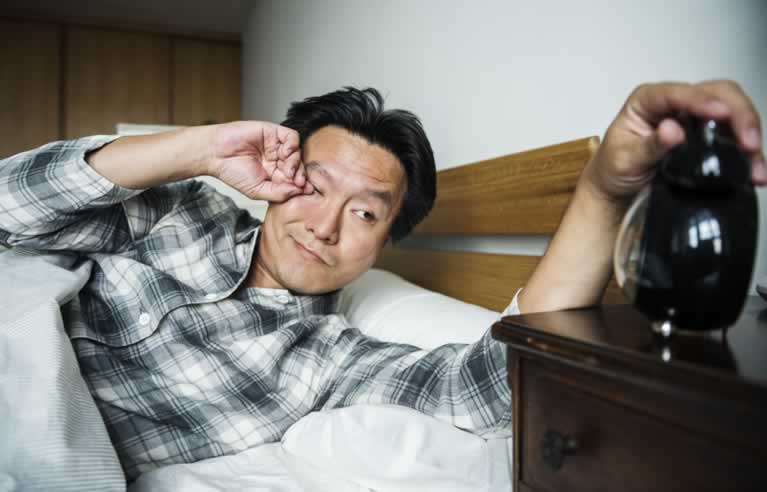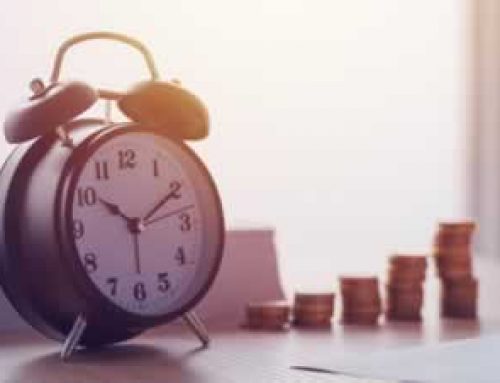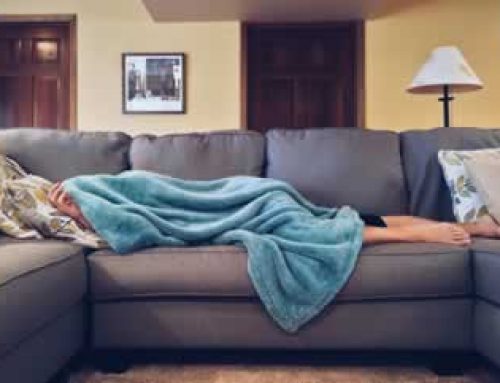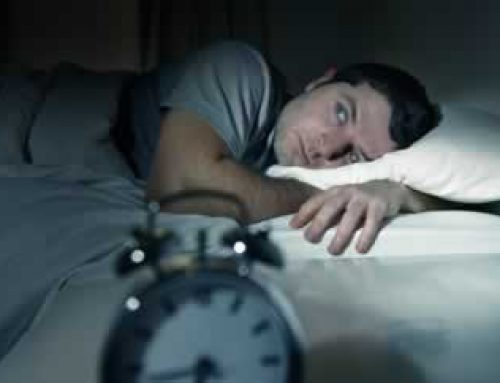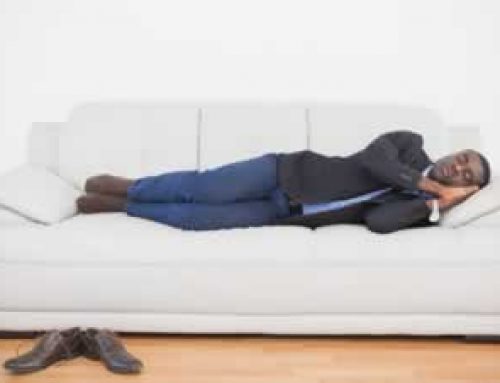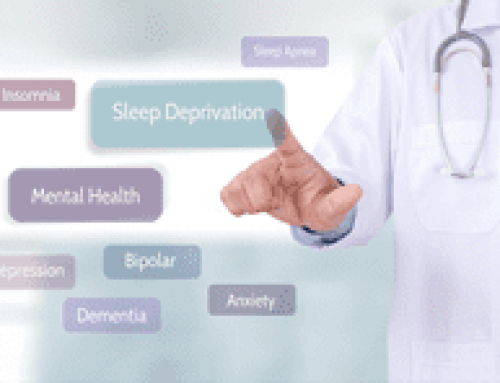Cracking The Sleep Code
Why We Sleep and How to Make It Better
While it’s true that scientists haven’t discovered the exact biological reasons why we sleep, they do know it’s crucial to human life (you’ll die without it). They also know that while you’re sleeping your body does a lot of “chores and maintenance” from cleaning your brain, to storing memories, to repairing muscles.
Humans have evolved from a practicing a polyphasic sleep cycle to a monophasic sleep cycle over time. Monophasic sleep means sleeping in one long period. The only mammals with monophasic sleep habits include humans and primates. All other mammals practice polyphasic sleep (multiple sleep periods) – researchers believe this is due to survival needs.
Sleep serves many biological functions, including:
- Learning – The braining consolidates and stores memories and information during sleep.
- Creativity – Sleep allows the brain to think more abstractly and harder.
- Mood – Chemical changes post-sleep are similar to taking anti-depressants.
- Heart – Sleep allows muscles to rest, improving heart function both short-term and long-term.
- Weight – Sleep helps maintain the healthy balance of hormones that your body needs to tell you when you’re hungry or full.
- Immune system – Routine sleep deprivation weakens your defenses against infections, colds, and the flu.
- Muscle repair – Your body increases blood flow to your muscles and repairs muscle and joint damage from the day’s normal wear and tear.
Stages of sleep
We spend an average of 25 years of our lives asleep – passing through five different stages of sleep in cycles repeatedly throughout the night.
Each sleep cycle takes approximately 90 minutes to complete. These cycles occur 4-5 times per night.
The cycle typically looks like this – Stage 1 – Stage 2 – Stage 3 – Stage 4 – Stage 3 – Stage 2 – Stage 5 (REM) – (repeat starting at Stage 2)
Stage 1: Drowsy
- Transition between wakefulness and sleep
- Feels like drifting in and out of sleep
- The brain produces theta waves
- Can be accompanied by muscle jerks and the sensation of falling in a dream-like state
Stage 2: Light Sleep
- Become unaware of your surroundings
- Body temp drops, breathing and heart rate are regular
- Your brain starts to produce rhythmic brain waves known as sleep spindles
- Dreams simple and short
Stage 3: Moderate sleep
- The transition from light to deep sleep
- Brain starts to produce deep and slower brain waves called delta waves
- Very difficult to wake someone
Stage 4: Deep sleep
- Muscles relaxed, blood pressure drops
- Energy restored, tissue growth, repair begins
- Slow brain waves take over
- When night terrors, bed-wettings, sleepwalking occur
- Dreams may not be more than color or emotion
Stage 5: REM (Rapid Eye Movement)
- Eyes dart back and forth
- Brain active
- Body immobile, muscles turned off
- Dreams are more bizarre, with detailed storylines
- More likely to remember dreams if awakened
Did you know?
- For the average person, 6 years of their life are spent dreaming; that about 1,460 dreams a year or roughly four per night.
- If you are snoring, you are not dreaming
- Only 12% of people dream in black and white – the rest of us dream in color.
How to get better sleep
Establishing a regular nightly routine will help you get better quality sleep and improve your health. Your target is to get 7-10 hours of quality sleep every night.
- Consistent Sleep-Wake Times – Go to bed and wake up within the same 60 min windows every day to establish natural circadian rhythms. (This includes weekends.)
- Turn off distractions – Turn off the TV, computer, and other electronic gadgets at least 1-2 hours before bed, turn down the lights, and listen to soothing music or read a book for pleasure.
- Take a warm bath or shower – Heating up your body 90 minutes before bed followed by slow cooling causes relaxation and drowsiness.
- No caffeine, alcohol, or other stimulants – Even if you can fall asleep after drinking a large double espresso or Red Bull, stimulants interfere with melatonin production, which results in low quality sleep and morning sluggishness.
- Turn off your brain – Stay away from work-related activities, exercise, or entertainment that overexcites your brain, like horror movies, for an hour before bedtime.
- Lose weight – Not only do rates of obesity increase with less sleep, so does the risk of adverse side-effects like sleep apnea and hypertension.

